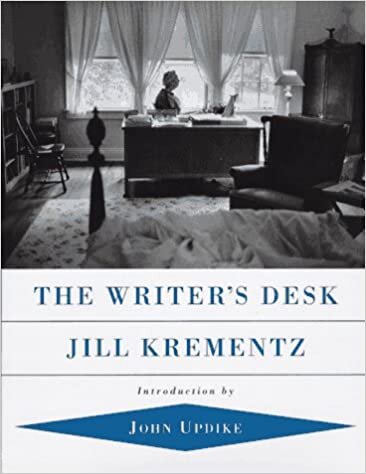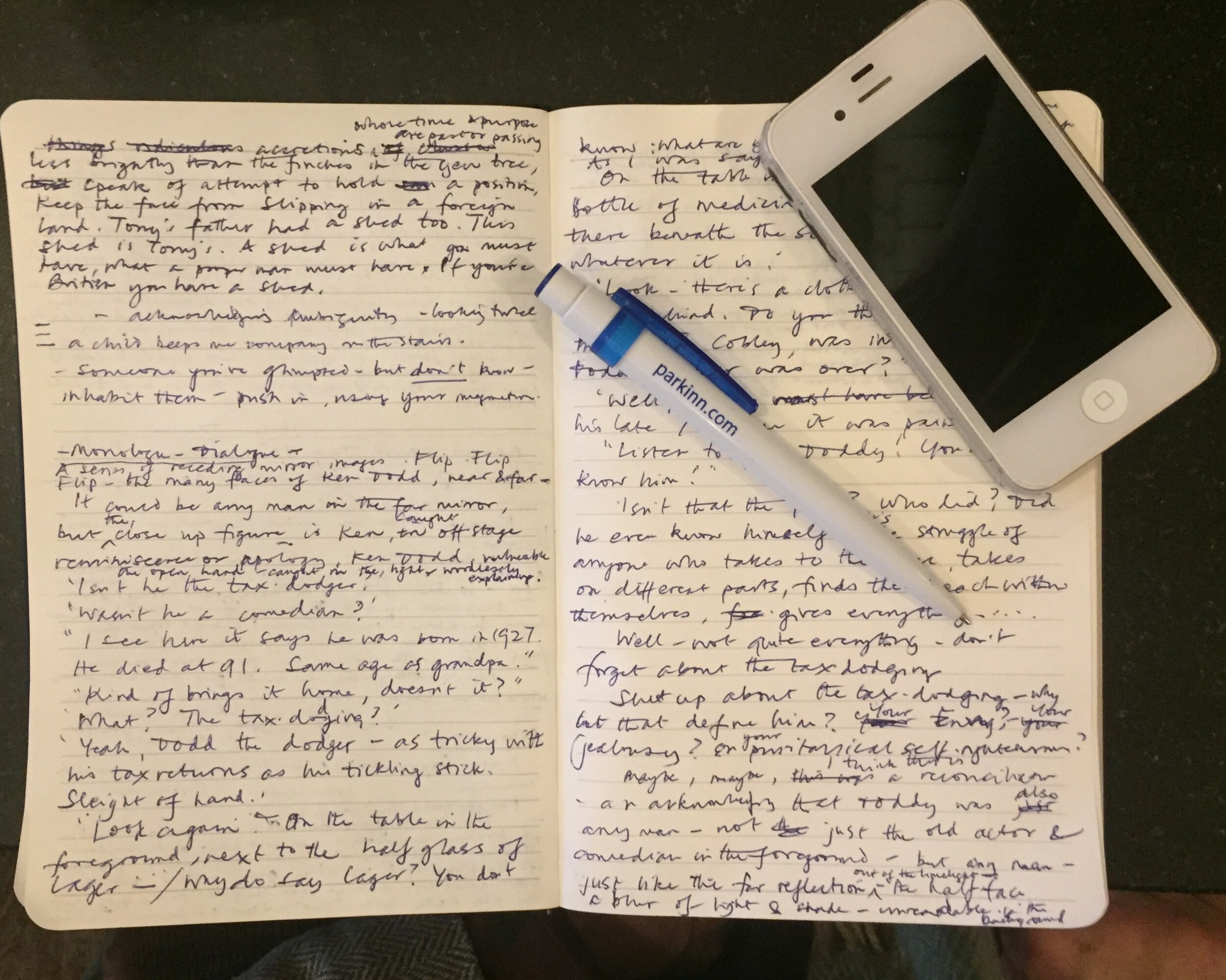Teacher Writer Katie Kibbler shares her NWP journey - and tips for curing a hangover…
I joined NWP’s Whodunnit group towards the end of 2017. I had known about NWP since I was a PGCE student in 2014, when Simon Wrigley had been to give a workshop on book-making at the Cambridge Faculty of Education. I hadn’t attended a group because I’d always found an excuse: I’d start when I’d completed my NQT year; I’d never be able to make 10am meets on a Saturday morning; I didn’t have time, I didn’t have energy, Friday evenings in the pub poisoned all my creative juices and I couldn’t write on a hangover. After three years at my first school, in 2017 I had decided to leave and join the Children’s Hospital School at GOSH and UCH. The move gave me the freedom, time and sleep that I just hadn’t had as a newbie teacher in a high-octane inner London academy.
A few weeks into my new job, I stumbled onto the NWP website while trying to find some creative writing prompts for a student and found the list of teacher writing groups. I emailed Simon, the group leader for Whodunnit. This wasn’t the first time - I’d emailed him a year before, and chickened out of attending. Apparently forgiving my previous flakiness, Simon was very warm in his reply, and gave me the joining details: I was very welcome, writing expertise was not a prerequisite, and in a lovely twist of chance, the group would next meet in the Wellcome cafe - a twenty minute cycle from my home, purveyor of excellent cakes, and promisingly friendly in name. I told myself I’d just turn up, do one session, and if I was terrible I could just abandon it on the pile of my other failed whims, along with rocket yoga, jam-making and knitting giant snoods.
I arrived sweaty and windswept, slung my bike up on Euston Road and pushed through the revolving doors into the shiny calm of the museum. Saturday sluggishness became a nervous fizz, as I found most of the group already set up, cafe tables pulled together, hands wrapped around frothy coffees in thick turquoise cups - and my new colleague, Emma, perched on a stool. We hadn’t discussed the group together - neither of us knew the other would be there - and the coincidence was confirmation that I had come to the right place, both in terms of the group and my new school. The session ended with the group sharing our morning’s writing upstairs in the reading room and being told off for too much giggling. I had approximately zero regrets about attending, and since then I’ve tried to attend every meet (even during a hiatus in Uganda last year, I used the prompts remotely). Completing my journey from scared, sheepish, semi-coherent-on-a-Saturday starter to fully-fledged NWP enthusiast, I jumped at the chance to double my writing group attendance when Alison, a Whodunnit stalwart, invited us to join her Wembley group too.
In the groups, we take time to reflect on the process of writing as a person and as a professional: a teacher, and a human. What I knew but didn’t understand was that I had always written (from painful teenage poetry to spoof features in a university newspaper to silly blogs about early-career car crashes in the classroom) - but nothing I’d regard as ‘proper’ writing. If I couldn’t be Dylan Thomas or Zadie Smith, what was the point? What NWP has shown me is that the point for us (as teachers, as humans) is the same as it is for our young people: to give voice to the things inside that we don’t always find the place or time to say; to do something we find creative, good and challenging; to feel part of a supportive community; to look closely at and set in context the small and extraordinary and banal and enormous things we don’t have time to in the rush of an ordinary timetable. Nobody cares if it is 'good' or 'bad', or agrees on what those qualities look like. Whenever I find the mean voice of necessity trying to stymie the pure, free-wheeling pleasure of a free-write, or the unpretty bloom of an idea, I speak to myself the words of reassurance I’d offer a student: writing is not self-indulgent, it is being alive to the world around you. It isn’t egoism to write; it is empathy.
It sounds dramatic, but being part of the NWP groups has changed my teaching and my life (and made me see how much of our life we put into teaching, and how much teaching gets into life - how porous that boundary is). I am now teaching in the mainstream classroom again, and credit our NWP writing groups with helping preserve my sense of self when I’m at home (or away, as I was last year), and when I’m standing firm about the type of teacher I want to be in school: the type who runs Creative Writing Club using the same format as our teacher writing groups (albeit in slightly less stately surroundings than a London gallery, with less caffeine and more crisps); who tries to model creative writing as a point about courage, process and spontaneity, instead of precision, assessment objectives and attainment. I have recycled whole NWP sessions as two-hour writing workshops for my Year 10s in a bid to avoid death by GCSE practice papers - the students’ writing was miles better than normal, and so was my lesson planning. And in a less soaring-strings orchestral epiphany kind of way, being part of NWP has improved my (wait for it) marking, feedback and analysis, too: it’s so much more natural and genuine for me to say what I think is interesting about a piece of writing, why it is working, how it is working and what it is making me feel and think, now that I’ve started to regularly get inside writing myself and drive the car - and now it’s not the sleek ride of self-reflexive non-fiction, but the honest, unfinished chaos of a soapbox racer. It’s made me simultaneously more rigorous about teaching writing, and more compassionate; speaking from a position of ‘I do this too, and we are in this together’ is so powerful for the students. The teacher gets to be the person who writes with us, not the master who presents the task of writing to us.
Please, go and find your own NWP group - and if there isn’t one close, make your own! Whatever excuses you’re making for yourself, stop. For what it’s worth, I’m pleased to report that there’s no hangover a coffee and a communal writing session won’t help.




























